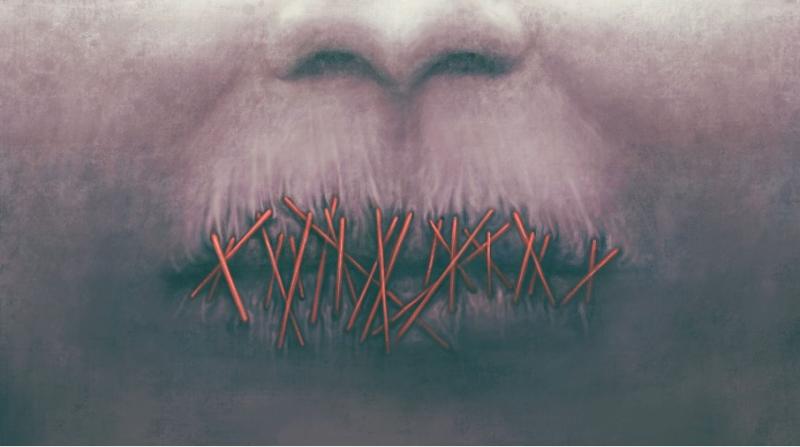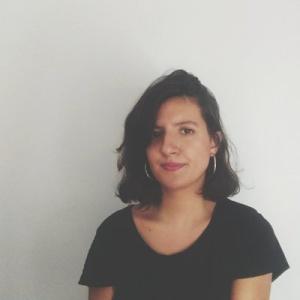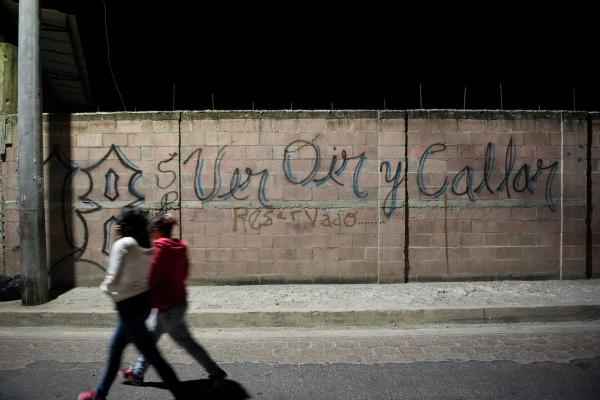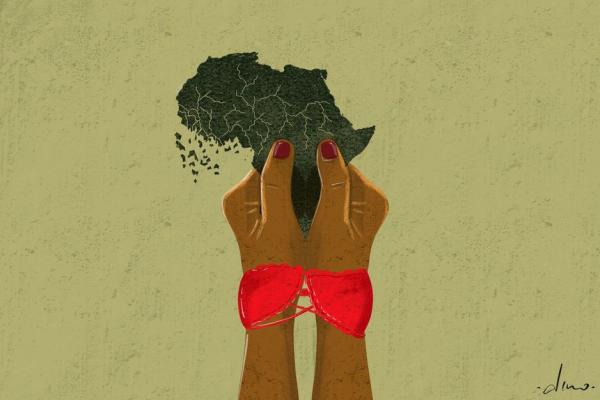FGM is a crime in all EU countries, however the long-term consequences of FGM for women living in Europe receive little attention. Almost 24,000 women and girls who have probably been excised live in Belgium nowadays, representing an increase of over 20% in four years. FGM has left a mark on their bodies but their bodies don't always have a place assured in our societies. This investigation tries to understand how these women and their bodies are taken care of. Besides digging into an underreported issue, the barriers experienced by vulnerable populations to healthcare say lots about the quality of our healthcare system, which impacts each and all of us.
Through several interviews and conversations with healthcare providers, social workers, researchers, civil society, activists, women with FGM as well as desk research and comparative analysis of academic literature, studies and official reports, a number of articles will explore the access of women with FGM to healthcare in Belgium. The first article looks into the functioning of the two accredited centres in Brussels and Ghent, pioneers in Europe as Belgium is the only country where clitoris reconstruction and holistic care is free for women with FGM residing in the country. Upcoming articles will look into gaps in medical schools and training, the situation for asylum seekers and more first person experiences.
Image: ©Jorm Sangsorn



